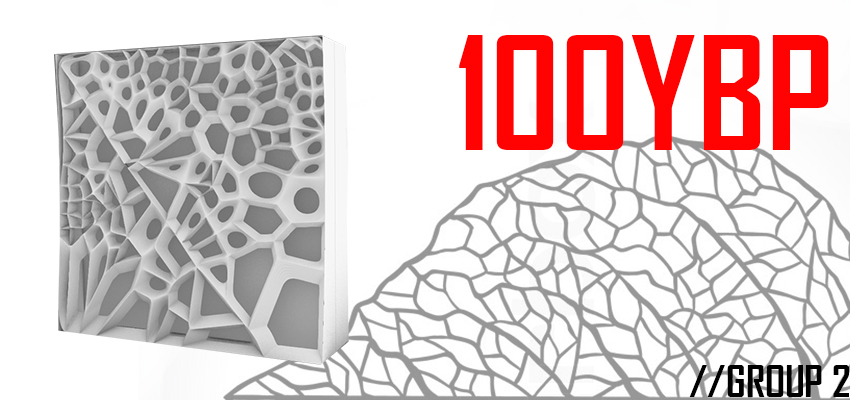Difference between revisions of "Msc2G2:Computational Design"
(→MSc2 Group 2) |
(→Branching Algorithm) |
||
| Line 32: | Line 32: | ||
== Branching Algorithm == | == Branching Algorithm == | ||
| − | The main branches running along the inside and outside of our pavilion follow the principle stress lines under dead load. These were generated by using the Karamba3D plugin for Grasshopper. For the scope of this course we decided to trace certain stress lines manually to | + | The main branches running along the inside and outside of our pavilion follow the principle stress lines under dead load. These were generated by using the Karamba3D plugin for Grasshopper. For the scope of this course we decided to trace certain stress lines manually to create the desired branches. Nevertheless to see if we could eventually automate this process, we worked on a grasshopper algorithm to generate branches by taking all stress lines as input. We worked from the basis of a two-dimensional point field and specified a starting point from which in a certain “field of vision” (defined by two straight lines) the closest point should be chosen and connected to. We used the Anemone plugin to create a loop and repeat this process. After a certain distance covered the algorithm starts another loop. It is this to create secondary branches. Although we did not expand our script into the third dimension, we feel confident that it would proof useful when further developed. |
Revision as of 14:04, 13 March 2019
MSc2 Group 2
Students: Hamid Reza Shahriari, Nikolaus Houben, Rick van Dijk
Branching Algorithm
The main branches running along the inside and outside of our pavilion follow the principle stress lines under dead load. These were generated by using the Karamba3D plugin for Grasshopper. For the scope of this course we decided to trace certain stress lines manually to create the desired branches. Nevertheless to see if we could eventually automate this process, we worked on a grasshopper algorithm to generate branches by taking all stress lines as input. We worked from the basis of a two-dimensional point field and specified a starting point from which in a certain “field of vision” (defined by two straight lines) the closest point should be chosen and connected to. We used the Anemone plugin to create a loop and repeat this process. After a certain distance covered the algorithm starts another loop. It is this to create secondary branches. Although we did not expand our script into the third dimension, we feel confident that it would proof useful when further developed.
